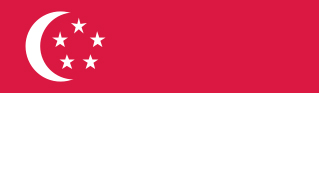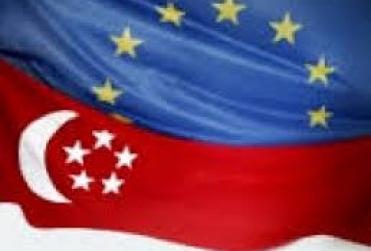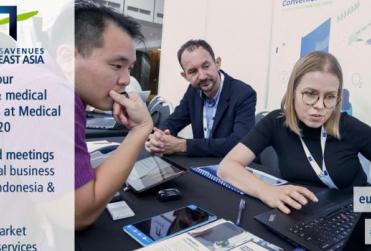Singapore has a long tradition of cluster policy for industrial development. Currently, Singapore counts 6 clusters, gathering 23 strategic industrial sectors. The cluster policy is led and implemented by the Ministry of Trade and Industry. Singapore is a member state to the Association of Southeast Asian Nations, click here to have more information on this organisation

Economic and political context and framework
Singapore is one of the world’s fastest-growing economies with a Gross Domestic Product (GDP) per capita of €51,000, which is the 6th highest in the world. According to the World Bank, the GDP growth rate has been amongst the world’s highest, at a relatively constant average of 7.7% since independence and reaching 9.2% in the first 25 years.
The country has a highly developed and successful free-market economy due, in part, to a remarkably open and corruption-free environment, stable prices, very low unemployment rate, and a GDP per capita higher than that of most developed countries. As an island nation with the competitive advantage of its location in the heart of Southeast Asia, Singapore has an excellent transportation system, a highly-educated workforce, and a high standard of living.
Currently, the main drivers of the Singapore economic growth are manufacturing, finance & insurance, and wholesale & retail trade. In 2016, Singapore was the 14th largest export economy in the world with a total of €31.5 billion in exports and €19.5 billion in imports, resulting in a positive trade balance of €12 billion.
The Singaporean economy depends heavily on exports, particularly of electronics, petroleum products, chemicals, medical and optical devices, pharmaceuticals, and on Singapore’s vibrant transportation, business, and financial services sectors. Of equal importance to Singapore’s economic achievements is a set of National Science and Technology Plans. The first National Technology Plan was established in 1995 and resulted in a strong scientific base with many industry-science linkages. Singapore aims to become a hub for technology, innovation and enterprise in Asia and around the world.Read less.

Cluster community in the country
The outburst of Singapore’s economy lies in the capacity of the government to continuously develop industrial policies. Therefore, the first Singaporean clusters emerged in the 1980’s. Currently, Singapore industrial policy is driven by the Industry Transformation Map (ITM), enacted in 2016. This map gathers the Singaporean industries into 23 sectors, covering 80% of the GDP. Each sector has a roadmap and € 2.8 billion were allocated for their implementation. The Industry Transformation Map is designed and implemented by the Ministry of Trade and Industry (MTI).
In 2018, Singapore decided to increase the linkages between these 23 sectors to foster deep innovation. This translated with a new cluster policy. Driven by the Ministry of Finance, the authorities decided to group the 23 key industries into six clusters, each helmed by a minister or a private sector or union representatives. The six clusters are the following:
- Manufacturing
- Built environment
- Trade and connectivity
- Essential domestic services
- Modern services
- Lifestyle

Cluster policies encouraging the development and internationalisation of clusters
The ITM policy is turned towards the internationalisation of Singaporean companies. Each roadmap has a tailored internationalisation section, aimed at supporting companies in expending overseas markets.

Cluster to cluster cooperation opportunities and potential interest from European clusters and SMEs
Singapore is targeted by four ESCP4i. No evidence of cluster to cluster collaboration has been found at this stage.
Documentation
| Attachment | Size |
|---|---|
| D3.2 Preparatory Briefing Singapore_20180905_VF.pdf | 1.01 MB |
| D3.5_Discussion Paper Singapore_PUBLIC_20181220.pdf | 946.34 KB |



